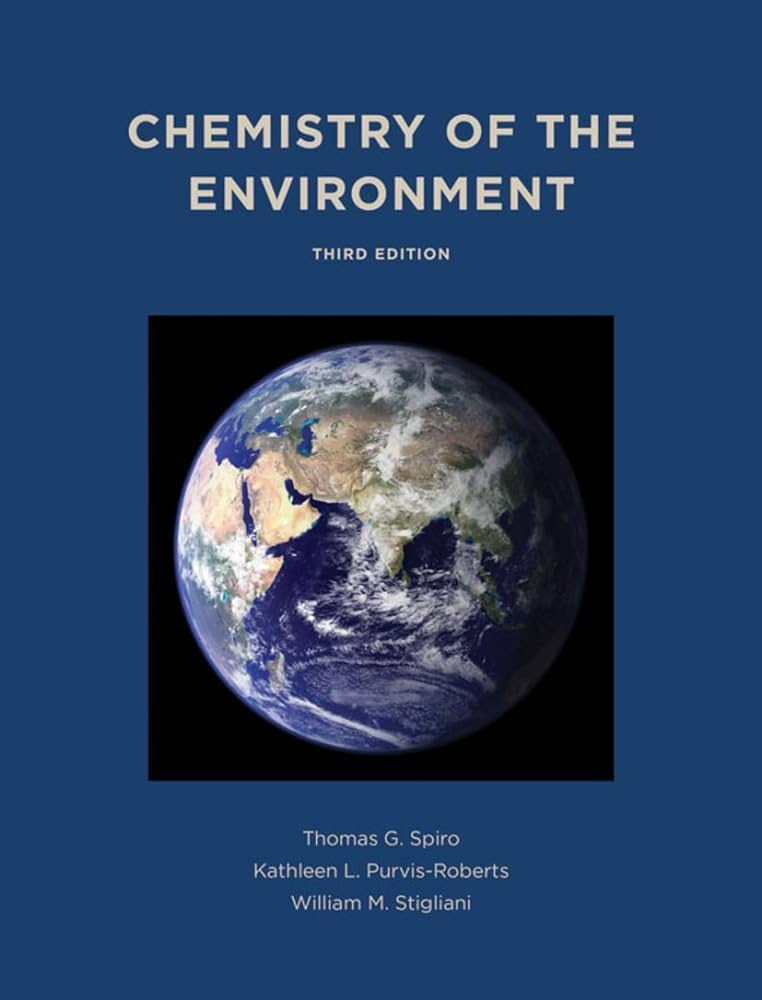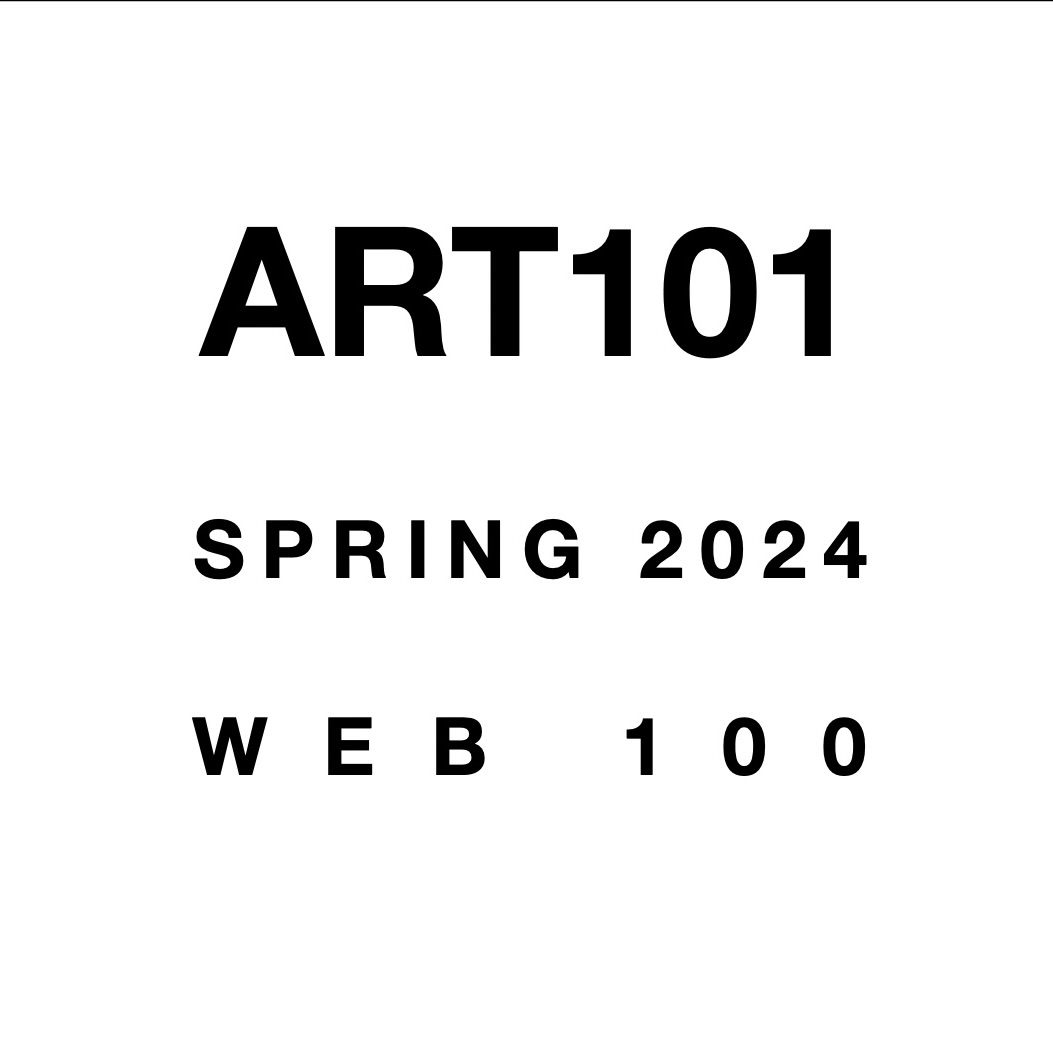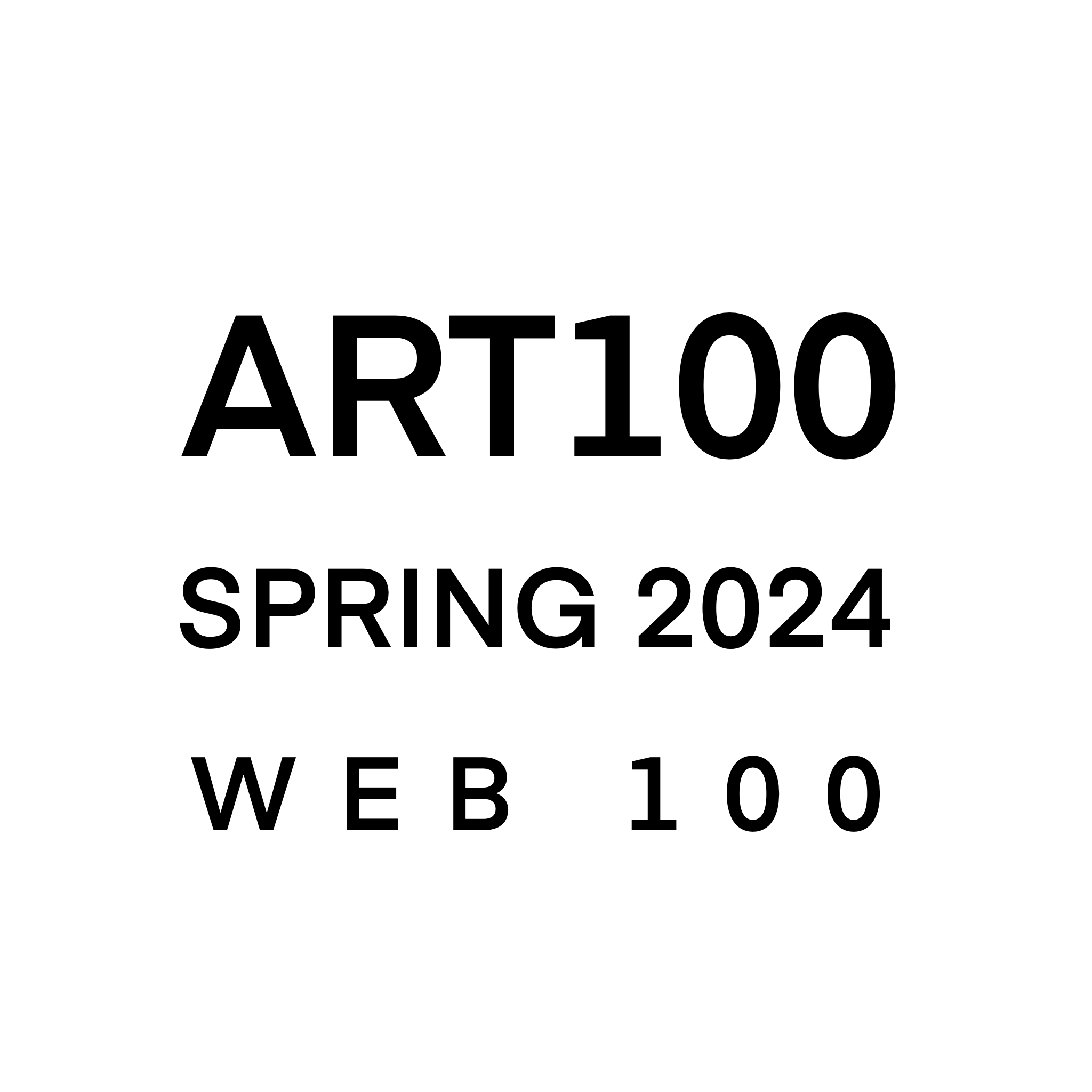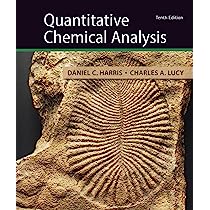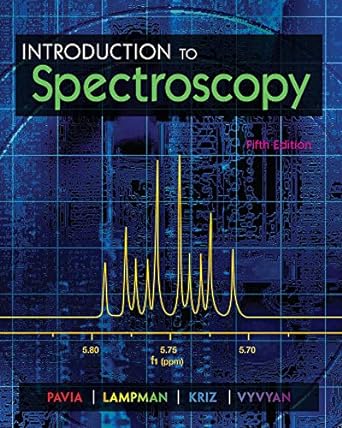This course examines ways to preserve bat populations and habitats in suburban areas
West Virginia State University Online
-


Welcome!
If you are new to Moodle, take a look at our training course, Online Student Orientation, located in the navigation bar at the top of this screen. If you have questions about how to use Moodle, please stop by Wallace 222, send us an email at col@wvstateu.edu, or call us at 304-766-3300.
Open LMS Mobile is now available!
Open LMS Mobile DetailsNeed Help Registering for Fall? No Problem!!Contact the Academic Advising Center Today!
Notice about Financial Aid
As a student, you should check your Financial Aid Requirements, at least once a week, throughout each semester. As most of you know, there are attendance requirements involved in your financial aid eligibility, as well as academic, that may need verified. The Office of Financial Aid and Scholarships utilizes your MyState account and your campus email as their primary sources of communication.
Notice about Online Tutoring
WVSU now offers online tutoring for fully online students. To schedule a session with an online tutor, visit the online Learning Enrichment Center.
About WVSU
Founded in 1891, West Virginia State University is a public, land-grant, historically black university, which has evolved into a fully accessible, racially integrated, and multi-generational institution.
The University, “a living laboratory of human relations,” is a community of students, staff, and faculty committed to academic growth, service, and preservation of the racial and cultural diversity of the institution.
With the goal of improving the quality of our students’ lives, as well as the quality of life for West Virginia’s citizens, the University forges mutually beneficial relationships with other educational institutions, businesses, cultural organizations, governmental agencies, and agricultural and extension partners.Notice about GraduationAll students must apply for graduation one semester prior to completing graduation requirements.The Spring 2024 Deadline to apply for Graduation is Friday, November 3, 2023.Visit the Graduation & Commencement page for additional information, including the application.
Available courses
- Instructor: Dr. Emily Waugh
- Facilitator : ROBERT HAGERMAN
- Facilitator : CINDI SETTLE
- Instructor: Katherine Bryant
- Instructor: KATHERINE BRYANT
- Instructor: Mark Addesa
- Instructor: Mickey Blackwell
- Instructor: Dr. Emily Waugh
- Facilitator : Hannah Watters
- Facilitator : Hannah Watters
- Instructor: Kemberly Pasley
- Instructor: KEMBERLY PASLEY
- Instructor: Mickey Blackwell
- Instructor: Dr. Emily Waugh
- Instructor: Katherine Bryant
- Instructor: KATHERINE BRYANT
- Instructor: AARON SETTLE
- Facilitator : CINDI SETTLE
- Instructor: Katherine Bryant
- Instructor: KATHERINE BRYANT
- Instructor: Kemberly Pasley
- Instructor: KEMBERLY PASLEY
- Instructor: AARON SETTLE
This 3 Credit Hours course provides an introduction into the functional disciplines of Business Administration: Accounting, Finance, Management, Marketing and Information Systems. The course provides a survey of the disciplines and will assist a student in choosing an area of concentration studies leading to a degree in Business Administration. The course will begin to build the skills necessary for a successful career in Business.
- Instructor: Azam Bejou
(3 Credit Hours) The purpose of this course is to explore the many dimensions of new venture creation and growth and to foster innovation and new business formations in independent and corporate settings. We will be concerned with content and process questions as well as with formulation and implementation issues that relate to conceptualizing, developing and managing successful new ventures.
Prerequisite(s): BA 301.
- Instructor: Azam Bejou
(3 Credit Hours) This course will examine the multifaceted problem of crime victimization. It focuses on the incidence of criminal victimization, social characteristics of crime victims, and the treatment of the victim by the Criminal Justice System. It also examines the efforts designed to alleviate the consequences of criminal victimization and provide support for the victim. This course is 100% online using the learning management system (LMS) available by clicking the WVSU online option on the main webpage www.wvstateu.edu. All course material will be available to students online.
- Instructor: Mark Addesa
(3 Credit Hours) An introductory course concerned with the working of the economy as a whole. Development of the theories of consumption, investment and equilibrium income; application of the theory to current macroeconomic problems; monetary and fiscal policy and its influence on economic activity.
- Instructor: FREHOT HAILOU
- Instructor: MARK WILSON
(3 Credit Hours) This course aims to prepare students comprehensively for editing tasks in technical and other professional environments by engaging students in various technical tasks including copy editing, compilation, document design and reorganization, and management and production of client projects. The course will cover methods for working in both a paper and in an electronic environment. This course assumes that the student has the foundations of technical or report writing, as taught in English 112, Technical Writing, and English 204, Writing for Business and Other Professions. Prerequisite: English 112 or English 204 or permission of the instructor.
(3 Credit Hours) This is a lecture/discussion/creating
- Facilitator : JOSHUA MARTIN
- Instructor: MOLLY ERLANDSON
- Instructor: Katherine Bryant
- Facilitator : KAREN KAIL
- Instructor: Caitlin Rollins
- Facilitator : Trina Arnold
- Facilitator : Kira Case
- Facilitator : Kathryn Sturm
This course examines ways to preserve bat populations and habitats in suburban areas
(3 credit hours) A course designed to introduce students to the fundamentals of how a free-market economy works as individuals make microeconomic decisions of their own based on cost-benefit principle. Discussions of the cyclical nature of GDP production, joblessness, cost of living, interest rates, public debt and deficits will be included.
- Instructor: MARK WILSON
- Instructor: Test Instructor
- Instructor: Mark Addesa
- Facilitator : Test Instructor
- Instructor: Course Instructor
- Instructor: Test Instructor
This course is an introduction to the development of an appreciation of art. Special emphasis is placed on methods, techniques, and terminology that relate to art as well as artists, cultures, and art movements throughout history.
- Instructor: Test Instructor
- Instructor: Jessica Hensley
- Instructor: April Angell
- Instructor: MICHAEL MCATEER
- Facilitator : Michael Oldham
- Instructor: SUE TAYLOR-WOODWARD
- Instructor: Elijah O. Ayilaran
- Instructor: Vasilios Dianellos
- Instructor: Mary Sizemore
- Instructor: Christy Walker
- Instructor: KERRI STEELE
- Instructor: Derek Taylor
- Instructor: DEREK TAYLOR
- Instructor: Susan Graves
- Instructor: KAREN KAIL
(3 Credit Hours) This course involves the application of psychological principles, particularly of systems and organizations, to behavior in industrial, business and managerial environments.
Prerequisite(s): PSYC 151.
- Facilitator : Douglas Meadows
- Instructor: Jeff Pietruszynski
Independent Study in Advanced Printmaking
Instructor: Zach Fitchner
Student: Zoe Davis
- Instructor: Zach Fitchner
- Instructor: Jasmine Collins
- Instructor: Jasmine Porter
- Instructor: Jamie Brunetti
- Instructor: James Messer
- Instructor: Mary Sizemore
- Instructor: DR. ELISHA M. LEWIS
- Instructor: TERRY REED
- Facilitator : TENNA GRAY
- Facilitator : Alisha Walker
- Facilitator : ALISHA WALKER
- Facilitator : Alisha Williams
- Instructor: Kemberly Pasley
- Instructor: KEMBERLY PASLEY
Properties and applications of algebraic and transcendental functions, angles, trigonometric ratios and identities, conic sections, polar coordinates, systems of equations, matrices. Prerequisite(s): a grade of C or better in MATH 120, or ACT MATH 23+ or equivalent.
- Instructor: XIAOHONG ZHANG
- Facilitator : WILLIAM JESSIE
- Instructor: Jamie Brunetti
- Instructor: Mary Sizemore
